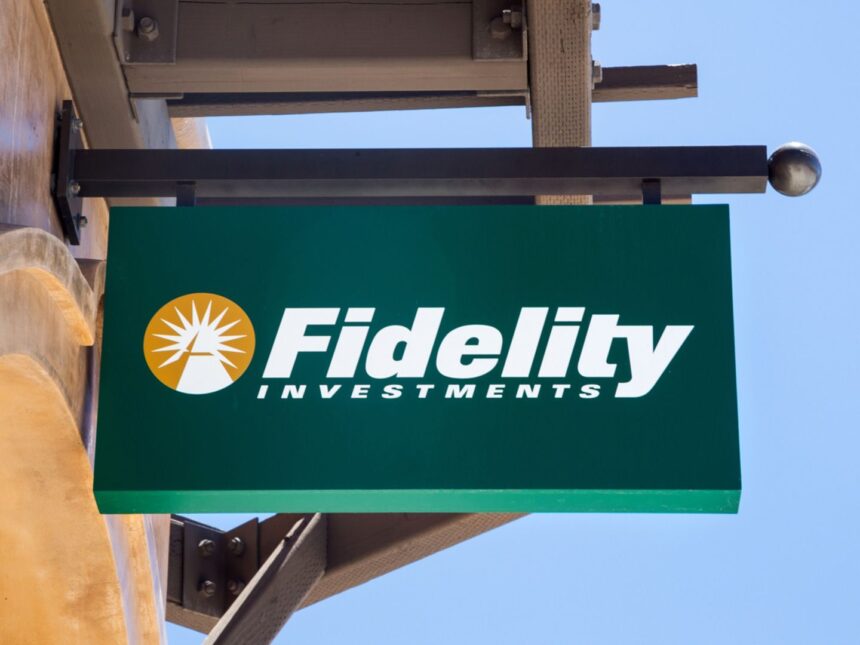Fidelity Investments has officially entered the burgeoning world of tokenized assets by launching its tokenized money market fund on the Ethereum blockchain. This significant move marks the Boston-based investment management firm’s venture into the rapidly evolving sector of digital finance.
According to blockchain data from Etherscan, Fidelity minted approximately $202 million in Fidelity Digital Interest Tokens (FDIT) in early September. These tokens serve as the digital representation of the Fidelity Treasury Digital Fund (FYOXX), which is designed to provide investors with returns by holding U.S. Treasury bills. The initial announcement regarding this offering was made in March, when Fidelity filed with the U.S. Securities and Exchange Commission (SEC).
The primary investor in this new financial instrument is Ondo Finance, a tokenization platform that has allocated the $202 million in FBIT as a reserve asset to support its OUSG yield-generating token. Daily reports from Ondo Finance reveal that OUSG backs its value using a variety of tokenized money market funds, including offerings from leading financial institutions like BlackRock, Franklin Templeton, and WisdomTree.
The recent surge in the tokenization of government debt highlights a broader trend within the financial industry aimed at bringing real-world assets (RWAs) onto blockchain platforms. This movement is driven by the need to improve market efficiency, reduce settlement times, and enhance transparency, allowing markets to operate 24/7.
The market for tokenized U.S. Treasuries has experienced substantial growth, tripling to $7.5 billion over the past year, according to data from RWA.xyz. BlackRock, in tandem with the tokenization expert Securitize, has emerged as a dominant player with its $2.4 billion BUIDL token, while Franklin Templeton and WisdomTree also contribute significant offerings to this innovative space.
As tokenized assets continue to proliferate, they are increasingly being recognized as vital components in yield-earning strategies and as collateral within the broader crypto economy. The innovation and convenience offered by tokenization may very well shape the future of finance, creating new opportunities for both institutional and retail investors.








